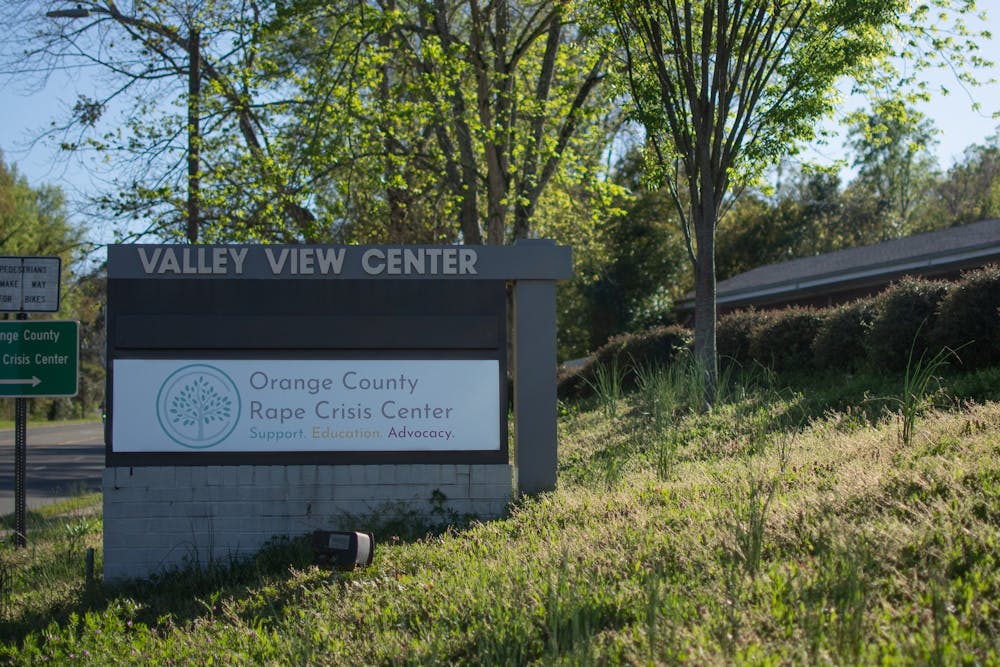As it prepares to enter its 50th year of service, the Orange County Rape Crisis Center is facing debilitating budget cuts.
In an August press release, the OCRCC said the center has to reduce the scope of some of its services and cut staff by 50 percent to stay afloat. With an increase in demand of over 80 percent since 2020, the community will feel the strain of this funding loss, the press release said.
The OCRCC, along with many other centers in North Carolina, is partly funded through the Victims of Crime Act (VOCA) — which was passed in 1984 and established the Crime Victims Fund (CVF). The money in this fund is provided by fines and penalties paid in federal court.
According to the U.S. Department of Justice, the money available in the VOCA funds has declined by 74 percent since 2018.
Sandy Dixon is the lead planner of Crime Victim Services, the committee within the N.C. Department of Public Safety that handles the administration of VOCA funds. Dixon said that because of steadily declining funds, the Crime Victim Services committee must cap the amount each center or program can receive.
In 2018, North Carolina was awarded over $100 million for victim assistance programs, more than twice the $42 million awarded this year.
When making decisions on recipient awards, the committee sets aside 10 percent of the VOCA funds for rape crisis centers and projects focused on child abuse and domestic violence. This money is non-competitive, unlike other VOCA grants, Dixon said.
“The commission has felt for many, many years now that those are fundamental services,” Dixon said.
Kathleen Lockwood, policy director at the North Carolina Coalition Against Domestic Violence, said she hoped there would have been federal or state intervention to prevent the situation the OCRCC is experiencing, especially because they have seen a decline in funding for many years.




